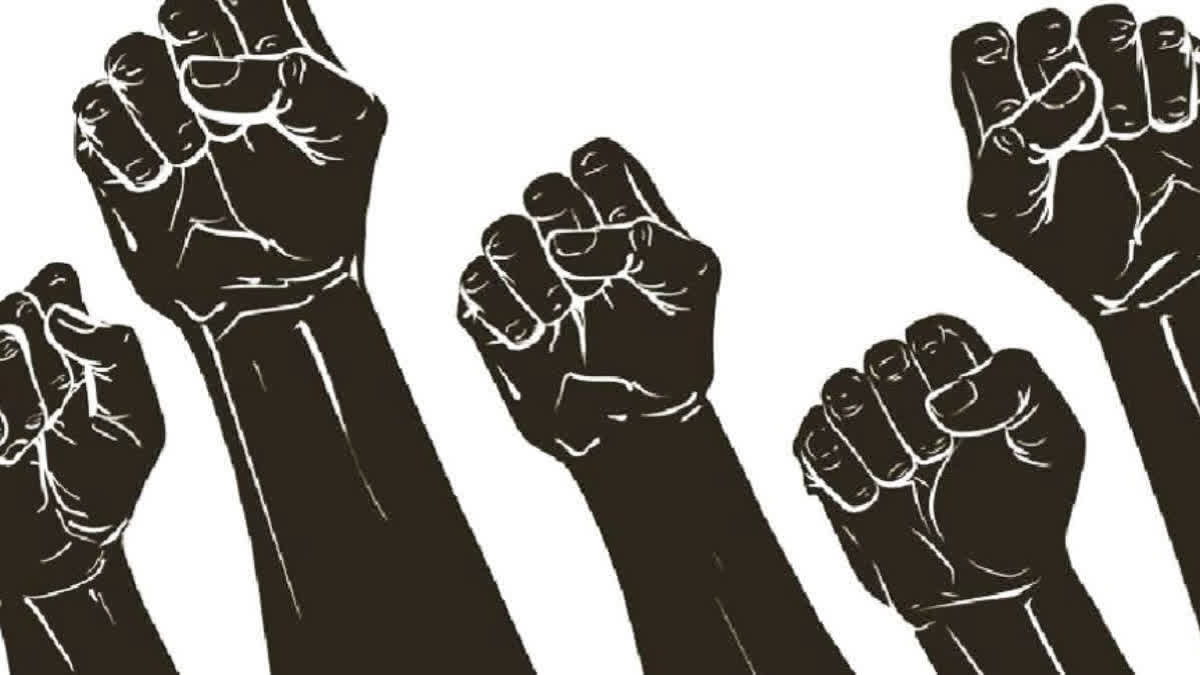Blasphemy is defined as speech that insults or conflicts with the beliefs and teachings of a religion. Since 2009, September 30 has been recognised as International Blasphemy Rights Day by the Center of Inquiry to highlight the harsh blasphemy laws in over 69 countries. This day serves as a moment to demonstrate solidarity with individuals who face oppressive blasphemy laws, as well as to support the right to question dominant religious beliefs without the fear of arrest or persecution.
What is Blasphemy?
Blasphemy is seen as saying or doing offensive things about God or religious objects, and some religions or laws make it a crime to prevent disrespect or protect traditions. However, the reasons for doing this went beyond respect. Throughout history, leaders wanted to show themselves divine by mixing religion and state, sometimes to the point of calling for punishments like beheadings for blasphemy. This has happened in places like Syria, where radical groups can teach about these punishments.
History:
In 2009, the Center for Inquiry(CFI) started 'International Blasphemy Rights Day' to highlight the ongoing oppression of people who question or criticise religion. This oppression still exists today, with many countries, including the United States' ally Pakistan, punishing or even killing those who express beliefs different from the majority. Pakistan, for example, has seen an increase in blasphemy cases, leading to arrests, ostracism, and even death.
Blasphemy laws around the World:
Among 71 nations that have laws against blasphemy, 32 have mostly Muslims. The severity of these laws and their enforcement differ. For example, Iran, Pakistan, Afghanistan, Brunei, Mauritania, and Saudi Arabia each make blasphemy the death penalty. Italy, a non-Muslim majority country, has the strictest blasphemy laws, with a maximum sentence of two years in jail.
Pakistan has the second-toughest blasphemy laws globally, following Iran. In the last 30 years, over 1,500 people have faced blasphemy charges in Pakistan.
Blasphemy In India:
India has consistently been a nation predominantly influenced by Hindu culture, the birthplace of various Indic faiths. The notions of apostasy, disbelievers, or unbelievers have never been widespread in Indian society, given the absence of a singular, universal god or a uniform set of belief systems.
This land has always been remarkably inclusive, allowing individuals the freedom to follow or not follow 'Dharma', or to believe or not believe in a god. The history of this civilization has never been one of forcing beliefs or non-beliefs upon its people, with the exception of periods of foreign invasion when rulers, in their quest to impose their faiths, have often been met with resistance from the native population.
A 2019 study by Pew Research Center showed that 79 countries have laws against blasphemy, which are actions or speech seen as disrespectful to God or sacred things. Additionally, 22 countries have laws against apostasy. In many of these countries, especially Muslim countries in the Middle East, crimes related to religion can lead to severe punishments.
Blasphemy Laws in India:
- Section 295 of Indian Penal Code.
- Section 295A of Indian Penal Code.
- Section 153A of Indian Penal Code.



